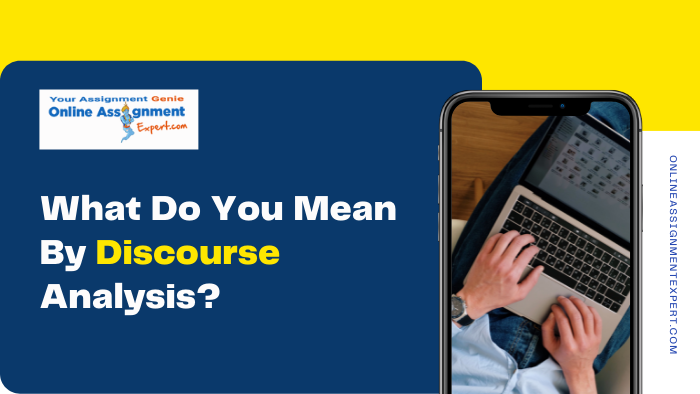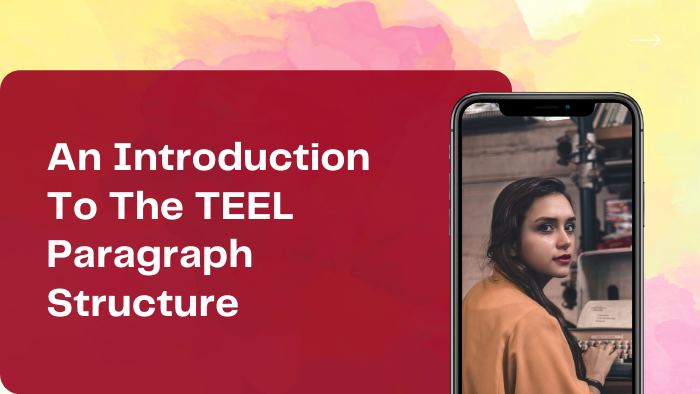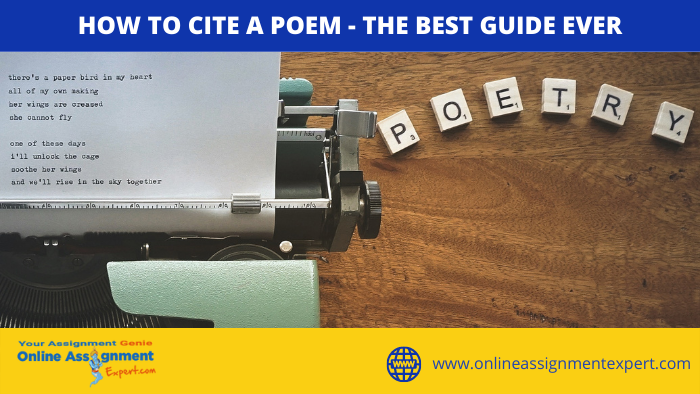
January 06, 2022
What Do You Mean by Discourse Analysis?
No 1 Assignment Help
is only a click away.
What do you mean by Discourse Analysis?
One of the most common descriptive statistical approaches we come across is discourse analysis. If you've found your way to this page, you're undoubtedly fascinated in discourse analysis but aren't sure if it's suited for your assignment or unable to understand “What Do you Mean by Discourse Analysis”. If that's the case, you've arrived at the correct place!
.png)
Discourse Analysis Is Defined As The Study Of How People Talk…..
Discourse analysis is defined as follows by the Oxford English Dictionary:
"A procedure of understanding the characteristics of full - wave or expressions while taking into account both their language forms and their social psychology context; analysis carried out using this process."
However, there is a concern with this description, not with the wording, but with the idea on its own, which indicates that dialect can have a precise definition, despite the fact that the very philosophy of conversation analysis is that dialect and discussion and debate (in the sense of a speech communication) is not a fixed, unchanging actuality, and one that is shaped by a cultural setting and can be used to construct an image of that sense.
Discourse analysis, for instance, could be used to analyse how language is used to communicate differing opinions on economic inequality, as well as how the issue can or cannot be handled or addressed, and whether people understand this so-called disparity as such.
Discourse analysis differs from other approaches in that it assumes that social knowledge is socially produced, or that our understanding of the world is biased. The literal definitions of marriage and languages are not the focus of discourse analysis.
What Role Does Discourse Analysis Play?
Discourse analysis is a laboratory procedure rather than a concept, and its objectives and develops various courses from a sharp rise in interest in traditional options for evaluating the information it produces in the late twentieth century. There are a variety of related strategies, like as
Content analysis is a method of analysing material based on important factors.
The linguistic review looked at the architecture of communication, while the narrative looks at the similarities folks consider in their lives and experiences.
Economics, Politico, palaeontology, art history and philosophy, cognitive science, and literature are some of the disciplines studied. are some of the disciplines that have influenced discourse analysis (Grant et al., 2005). As a result, it provides an interdisciplinary viewpoint.
It differs from anthropological approaches in that it considers context, whereas experimental methods, according to Joe, tend to take participants' words and actions at full price. As an investigator, the researcher plays a relatively "hidden" role in observational research. The researcher, on the other hand, has a more important role in data gathering for discourse and maybe "professional and non-professional" the initial interview. Moreover, you can seek Academic writing help from us for a better understanding of the subject.
Discourse analysis: Steps to Take
Begin with a broad problem area-
- Do some background reading on discourse analysis and the issue you'd like to research (both within and outside the health/medical area).
- Seek advice and/or assistance from a professional psychologist who has done discourse analysis before (if this is not your area of expertise).
- Begin to narrow your hypotheses, reviewing and refining them as you go.
- Choose the piece of content you want to study and start collecting it.
- Acquaint yourself with the information by reviewing, viewing, and/or referring to it several times and inquiring of it.
- Translate any verbal data you've gathered, paying special attention to the details.
- Analytical topics and discursive aspects are listed in this index. Keep an eye out for patterns.
- Employing written notes or a computer-assisted descriptive statistical system software, make descriptive comments as you go (such as NVIVO or Atlas.ti).
- Be sceptical and search for opposing instances when testing intuitive hunches against data.
- Communicate your new findings with your coworkers, particularly those from different fields.
- Begin drafting early analyses, switching back and forth between writing, reading, and analysing.
- Keep revamping analysis, keeping in mind that you may need to go back to earlier steps if necessary.
If you're looking for a way to learn more about anything, you might want to look into discourse analysis.
- Any sort of power or disparity
- Users to have conversations styles in a certain setting
- Politics and how speech is used to discuss knowledge
- Communication's role in achieving social objectives
What Is The Purpose Of Discourse Analysis?
Undertaking discourse analysis includes testing how traditional leadership and how significance is formed in different cultural situations. It can be used to describe any type of written or spoken language, as well as nonverbal communicative functions including tone and movements.
The outcomes of these studies are appropriate for discourse analysis:
- Publications, periodicals, and magazines
- Leaflets and advertising are examples of marketing materials.
- Publications from the private and public sectors
- Sites, forums, and postings and comments on social media
- Conversations and interviews
- Scientists want to obtain a better understanding of social groupings and how they communicate by researching different sorts of talk.
What Distinguishes Discourse Analysis From Other Approaches?
Discourse analysis, in contrast to a linguistic area that focuses solely on the rules of linguistic use, stresses the contextual meaning of words.
It focuses on the human aspects of language and how humans engage in order to achieve their goals.
Discourse analysis examines larger language forms, such as entire discussions, texts, or recordings of text messages, rather than focusing on smaller lexical structures, such as noises, phrases, or idioms. With the references chosen, numerous areas of knowledge are plausible.
Get the Follow Up For the Academic Writing Help
We hope that the curiosity of searching for “What Do you mean by Discourse Analysis” ends down here! We have covered up all the pointers regarding disclosure analysis! Still finding any issue regarding the analysis? Connect with us for the Academic writing help at Online Assignment Expert! Our team would like to help you out with all the queries and concerns! Feel free to connect with us via phone call, message or email.
Keep Reading!
Related Blogs
Subscribe Our Newsletter & get Information about latest courses









